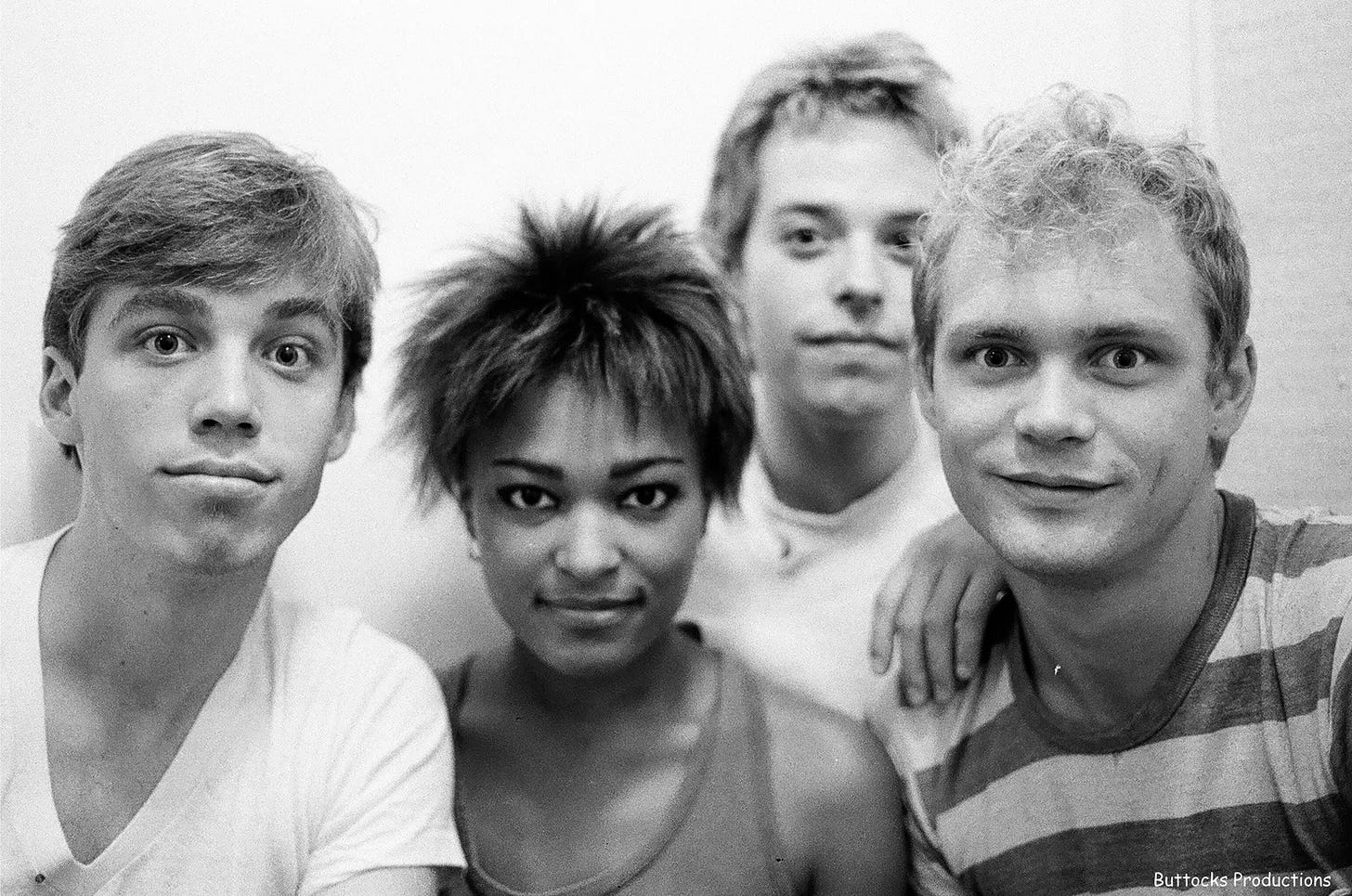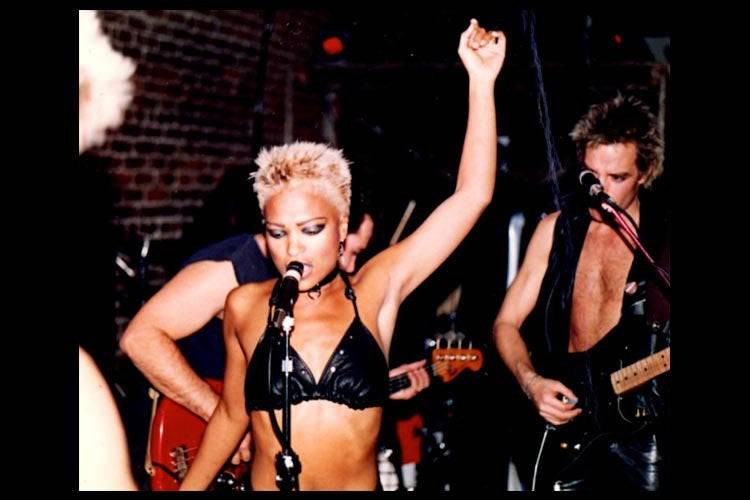Ain't no culture without them
honoring the unnamed cultural muses of our history

Not a year goes by I don’t recite “Advice,” one of my favorite poems by the great Langston Hughes, at least twice. Once on my birthday. Once more, at least, on a day that I am weary.
Advice
Folks, I'm telling you,
birthing is hard
and dying is mean—
so get yourself
a little loving
in between.
Writer and poet Langston Hughes is one of the most influential figures to come out of the Harlem Renaissance and a huge inspiration to an endless number of writers and poets thereafter. That is deserved. Absolutely.
And it goes this way a lot. Where one or a few well-deserved names rise to the top of a culture’s psyche, meant to represent the whole of a movement or era from which they came. A shorthand of sorts for the chorus of poignant art that shifted society during their time.
But how many of you have heard of Claude McKay? Perhaps not as many. And that is why today we’re going to talk about artists and cultural muses like McKay, whom history often forgets.
Jamaica-born Claude McKay was also a prominent Black (likely) queer poet of the Harlem Renaissance who penned bold and progressive work addressing pro-Blackness, anti-capitalism, and pro-sex work philosophies. He also authored fiction works featuring Black characters written with such compassion and wholeness. With his empathetic approach to writing, McKay helped shift how many writers face uncomfortable subjects in their work.

…Like Tina Bell.
Now I know y’all know Kurt Cobain of Nirvana fame. Fan or not, you’re probably aware of his cultural and musical influence, from punk rock to the Pixies, to anti-macho, genderqueer fashion.
But did you know that Tina Bell of Bam Bam is the ancestor of Nirvana, Pearl Jam, Alice in Chains, Soundgarden, on and on and so forth? She is THEE Queen of Grunge.

It’s okay if you didn’t know. If not for a poignant, posthumous profile of Tina Bell and Bam Bam in the indie publication Please Kill Me in 2020, barely anyone would know of their existence, let alone their impact on grunge and punk music.
Seattle-based Bam Bam formed in 1983 as the acronym of the combined surnames of band founders Tina Bell and her husband, Tommy Martin. Bell led the band with a mesmerizing voice and presence and an iconic punk style. And even though Bam Bam performed all over Seattle and beyond, they got very little shine even while they were around.
Huh. I wonder why that is.
Of the bit of press they did receive, the media even compared Tina Bell to the late great Tina Turner, due to a total lack of range in seeing the utter brilliance and uniqueness of this Black woman.
(Highly recommend listening to their revived EP, Villains (Also Wear White) on Bandcamp.)
Since this resurgence of Tina’s and Bam Bam’s stories, writers and artists like
’s used their platforms to highlight Tina Bell, citing her tremendous influence on grunge and the iconic Seattle sound so many of us know and love today.And so often, it is a grassroots effort to remember those forgotten, like Joe Brainard.
My heart aches when I think about all of the beautiful queer minds we lost at the height of the 1990s AIDS crisis. Joe Brainard is one of these artists.
And he was truly an artist by so many definitions: writer, painter, collagist, costume designer, poet…Within artist spaces, he’s well-known for pioneering the melding of comics with poetry. Brainard also wrote a memoir, I Remember, that’s considered a literary cult classic. I am so fascinated by all the gifts he was able to share.
I’m most in love with his painting, "Pansies,” as I’m utterly partial to these gay, gay flowers.

Speaking of pansies, I’d like to highlight one more lesser-known queer hero, Gladys Bentley. A Black queer woman performer, Bentley thrived amid the Pansy Craze (1930–1933) in New York’s Harlem Renaissance jazz scene. Bentley helped pave the way for so many LGBT and queer folk after her before she was essentially banned from performing due to “cross-dressing.”
Cultural gatekeepers, like the rest of us, hold their own biases. It is inevitable, and in fact quite human indeed, that they forget someone, or many someones. But we must also acknowledge that the often Black and brown and queer “whos” they tend to forget are no coincidence. And that’s alright, cause now more than ever, in this digital age, We Tha People have the power to remember on our own.
So, this post is dedicated to artists, unspoken. To all who inspire and share gifts without the loving act of reciprocity through active reverence. And for the future, unnamed muses all around us who are becoming right before our eyes.
Is not culture but a collection of whispers, shouts, and noise made into song? A song we all think we know but are unaware of all its frequencies?
So to all of the names, whispers, noise, and shouts we’ll never quite know, this is for you.
In loving memory of those forgotten,
Thank you.
And thank you, as always, for reading.
Happy summer solstice,
- Jasper


